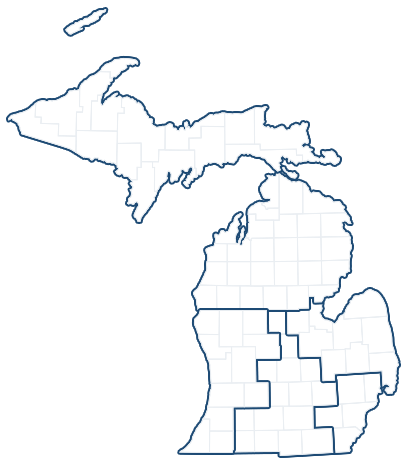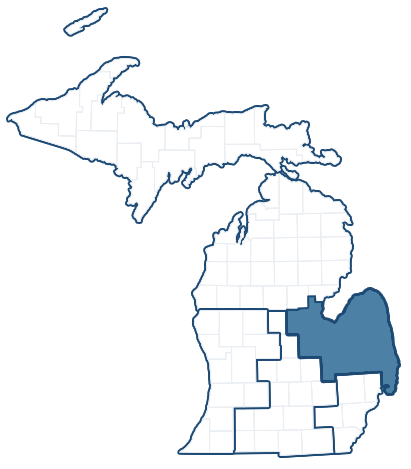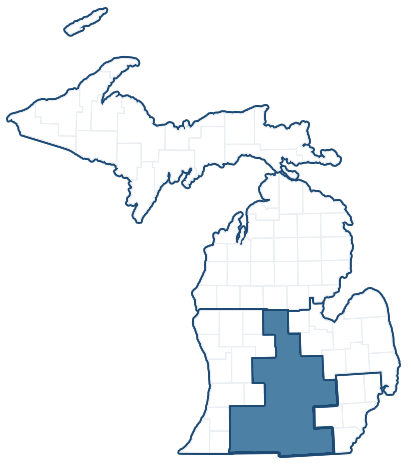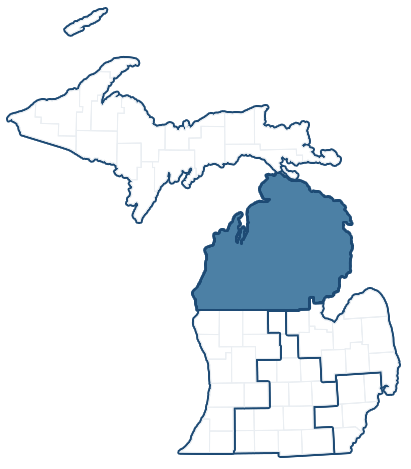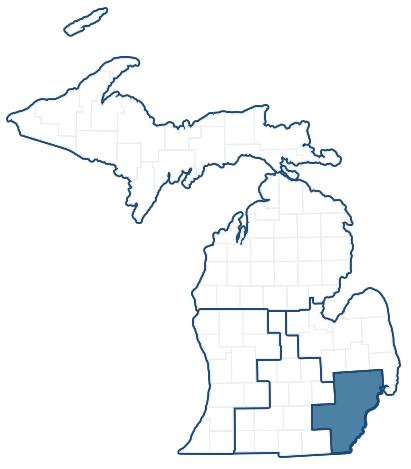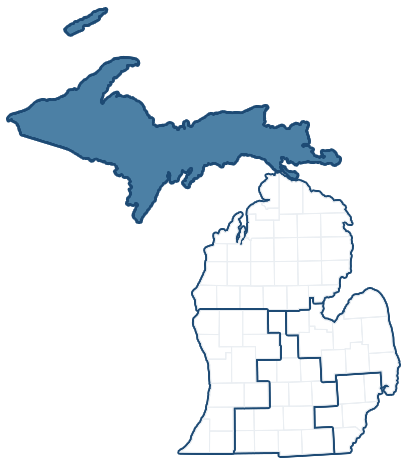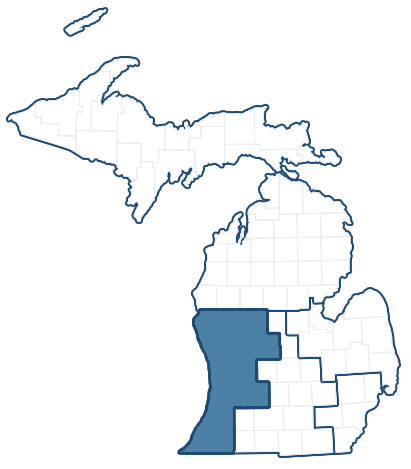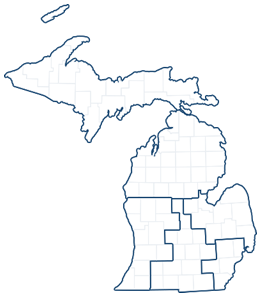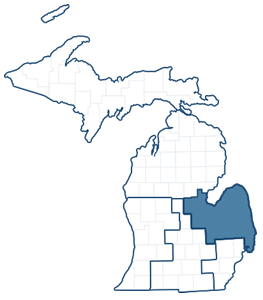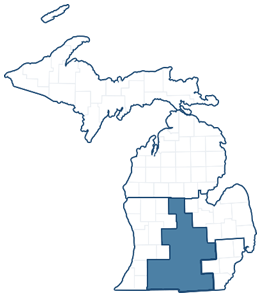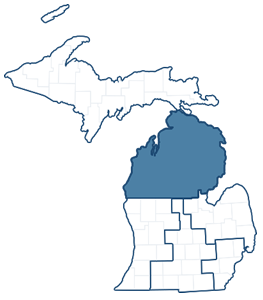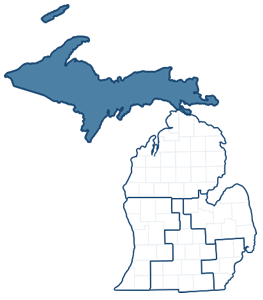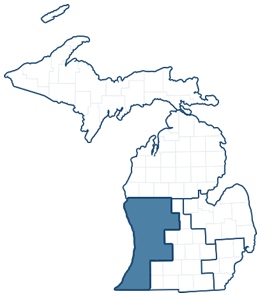Senator Stabenow Secures Major Wins in Water Infrastructure Bill to Protect Michigan’s Economy, Great Lakes, and Communities
Water Resources Legislation Passed out of Committee Today and will Stop Invasive Carp, Prevent Coastal Erosion and Flooding, and Improve Waterway Navigation
Thursday, May 23, 2024WASHINGTON – U.S. Senator Debbie Stabenow, a member of the Senate Committee on Environment and Public Works, secured major wins for Michigan in the bipartisan Water Resources Development Act. This bill will authorize projects through the U.S. Army Corps of Engineers to stop invasive carp, prevent coastal erosion and flooding, and improve navigation in waterways.
The bill was passed out of the Senate Committee on Environment and Public Works, which Senator Senator serves on, and now heads to the Senate floor for a vote.
“In order for the federal government to invest in essential water infrastructure projects and address critical problems impacting our Great Lakes and waterways, these projects must first be included in the Water Resources Development Act. Getting so many priorities included in this bill is a big win for our state,” said Senator Stabenow.
Senator Stabenow secured important wins in the Water Resources Development Act including:
- Increasing the federal cost share for the Brandon Road Lock and Dam project: The federal cost share for operating and maintaining the Brandon Road Lock and Dam project will increase from 80% to 90%. This project is vital to preventing invasive carp from entering the Great Lakes. This change further decreases the cost for our state partners.
- Addressing destructive coastline erosion and flooding: The bill authorizes the U.S. Army Corps of Engineers to work with Grand Traverse, Brighton, Marysville, and Ludington to promote shoreline restoration and prevent future erosion and flooding.
- Identifying and addressing flood risks in Southeast Michigan, Northern Michigan, and the Kalamazoo River watershed: The bill authorizes the U.S. Army Corps of Engineers to work with Dearborn and Dearborn Heights, the City of Cheboygan, Grand Traverse County, and the Kalamazoo River watershed to identify and address flood risks in their communities impacted by flooding from extreme precipitation.
- Improving waterway navigation: The bill allows the U.S. Army Corps of Engineers to study navigation improvements for the St. Marys River and Grand Traverse Bay Harbor so that they are safe, accessible, and continue to play a critical role in our economy and national security.
- Expediting critical projects in Michigan: The bill allows the U.S. Army Corps of Engineers to expedite the Menominee River Navigation project to help ensure that materials can continue to be shipped through this harbor. It also allows the Corps to expedite projects to improve navigation at the Big Bay Harbor of Refuge and repair the George W. Kuhn Headwaters Outfall.
# # #
Next Article Previous Article



